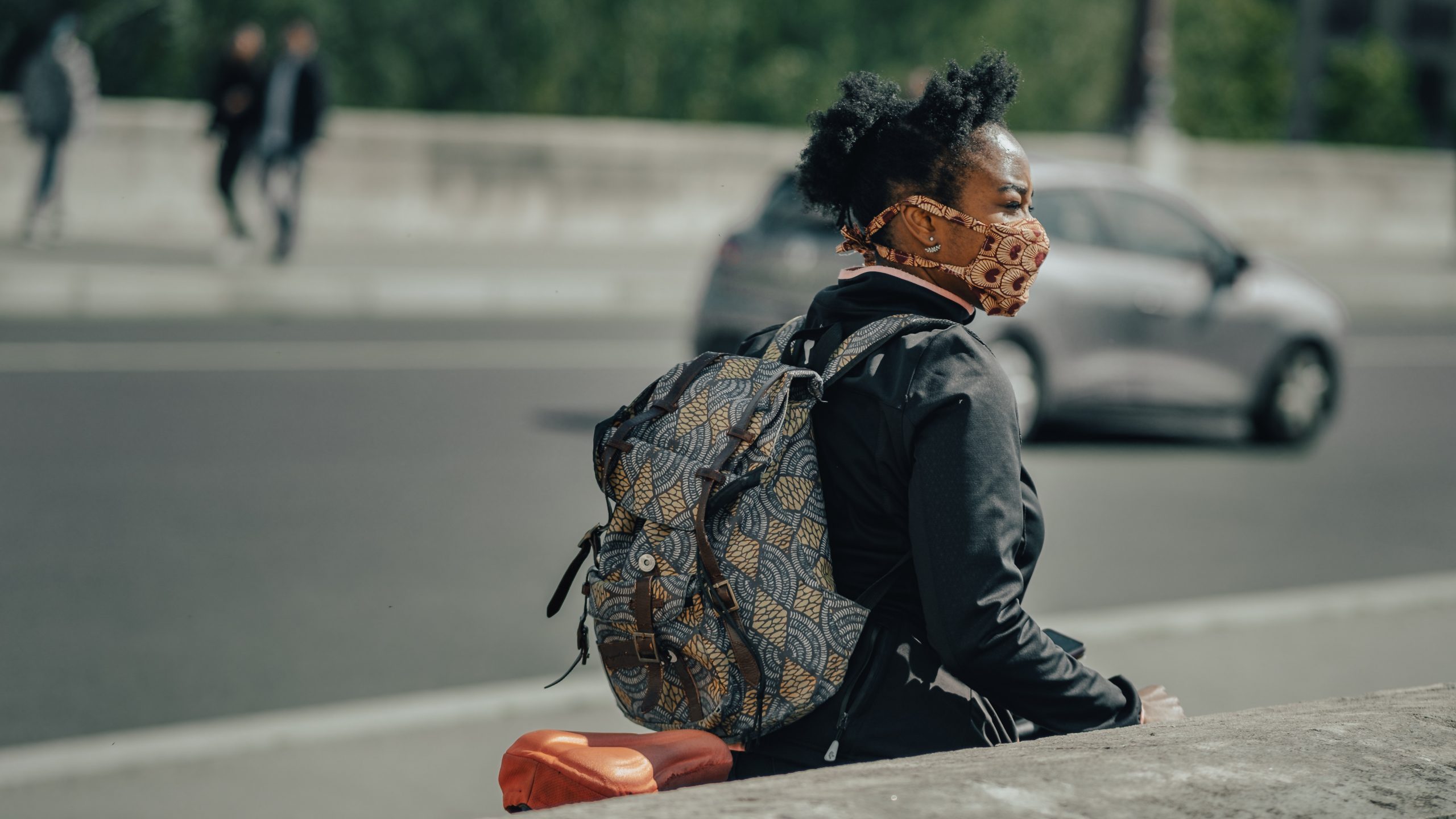
The Rwandan Government acted swiftly and reduced social gatherings, closed schools and encouraged home office as soon as the first COVID-19 case was reported on the 14th of March 2020. On 25 May 2020, there were 327 [Johns Hopkins Corona Virus Resource Centre] cases reported and no deaths. During two months Rwanda was in a very strict lockdown, similar to China, Italy and Spain at their peak of Corona infections: residents were only allowed to leave their homes to purchase food, medication or visit the bank. For the last 14 days restrictions on movements have started to lift slightly, but there is still no movement allowed between provinces and no group gatherings. Education institutions have been instructed to remain closed till September 2020.
In terms of the wider impact of COVID-19, on the economy and beyond, according to UNECA (United Nations Economic Commission for Africa) the pandemic will hit economic growth from an expected 3.2% down to 1.8%. If not addressed in a collective and organised way, this could reverse the positive growth of the past decade and impact areas where Africa has steadily progressed, be it the fight against malaria or against poverty. Moreover, this could spill over beyond the economy and put to test the institutional fragility of some countries, fuelling further conflicts and instability. According to Africa CDC, a health initiative of the African Union, Rwanda has ‘Moderate’ status for Coronavirus cases readiness.
Rwanda has WHO-trained Corona testers and health care is universal and free. The current economic impact on the Rwandan market is unclear. From an economic perspective, the National Bank of Rwanda released its last Central Bank Rate on the 5th of February 2020, keeping the rate at 5%. The Central Bank expects the inflation rate to stay within its band, not going above 10% as in the last quarter of 2019. A prediction of 8% GDP growth was made based on strong growth in the service sector industry (incl. tourism) and construction. It has been stated that new rates and economic forecasts will be released in May. From reports on the ground, the government quickly intervened on price hikes when lockdown started and in general they seem to be making use of monetary policies to reduce the impact on consumers.
Opinion of Chancen International: Based on reports and conversations with individuals in the health and education sector, we analysed the situation in the following manner: The Rwandan government puts its people first and is taking the Corona crisis extremely seriously; recognising they have limited health facilities, the state focuses on prevention. This leads us to believe that lock downs may be extended for longer periods and bigger gatherings of groups will be limited and controlled for many months to come. An area of concern is the economic impact of the crisis, especially within the tourism and services industry. There is limited information available on the changes in the labour market at this stage, but we are particularly concerned about the decrease and loss of jobs in the tourism and service industry. The government has started to make emergency funding available for the hospitality sector and education sector to ensure that unemployment does not increase further. Many of our students have reported a significant reduction in household income as one or both parents lose income due to casual labour.
We have summarized how we view our role as a student finance institution in this crisis and the concrete steps we have undertaken to support our students on our blog. We are currently collecting donations to be able to support our 1,300 students to get well through the crisis and to be able to finish their education and support the economic recovery of Rwanda after the pandemic. Please support our community with your donations.

